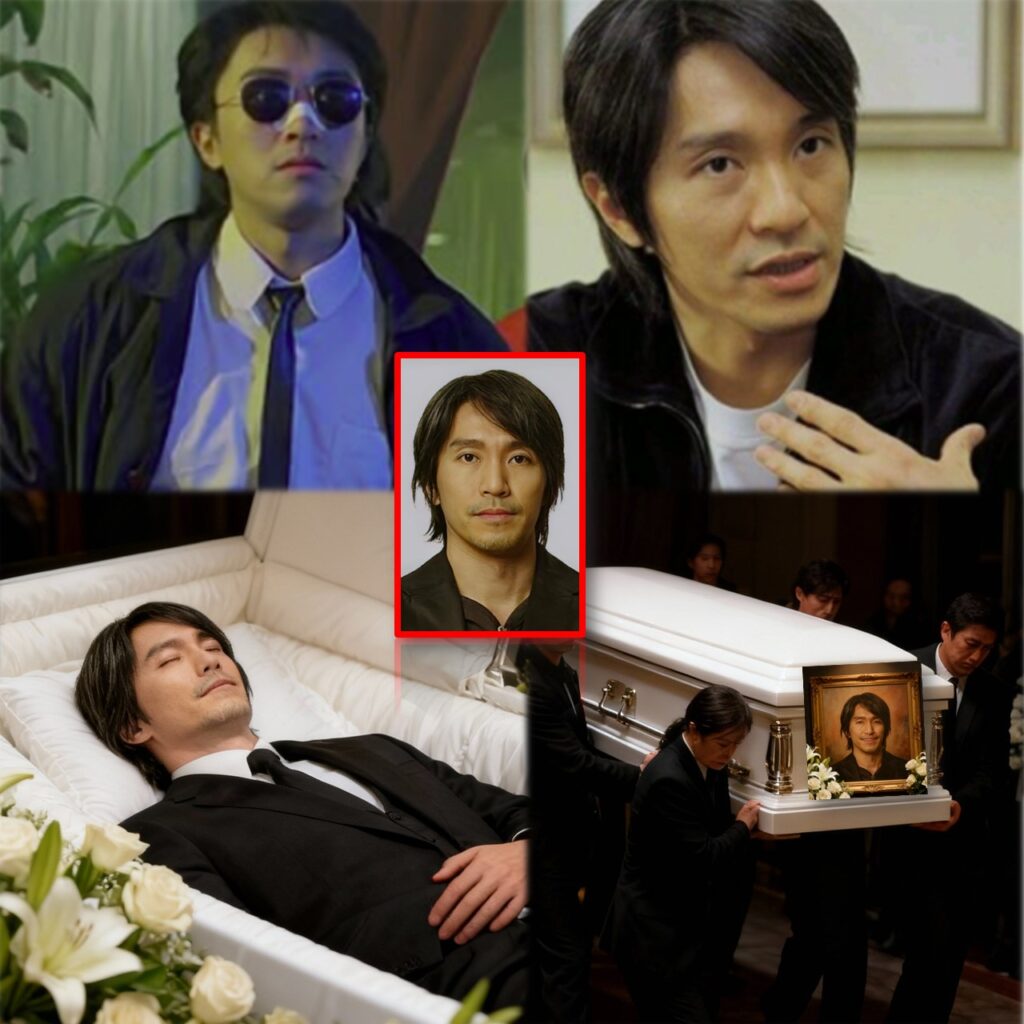
The morning light spills softly across the balcony of a quiet Hong Kong apartment. Inside, laughter drifts through the open door — not the roaring, mischievous laughter the world once knew from Stephen Chow’s films, but something gentler, slower. His daughters sit beside him at the small wooden table, pens poised above open notebooks. They write as he speaks, recording fragments of stories he once told effortlessly — the kind that shaped generations.
Each page is a keepsake. Each word, an act of love against time’s slow erasure.
Because one day, they know he may not remember any of it.
A Legend of Laughter and Loneliness
For decades, Stephen Chow Sing-chi was more than a filmmaker — he was a phenomenon. His genius reshaped Asian cinema, blending absurdist comedy with poignant social commentary. From Shaolin Soccer to Kung Fu Hustle, Chow crafted universes where humor masked heartbreak and laughter became a form of resistance.
To millions across Asia and beyond, he embodied wit, brilliance, and emotional truth — the everyman turned philosopher, the clown who understood pain. But away from the spotlight, those close to him describe a man deeply private, almost reclusive, finding solace in solitude long after the cameras stopped rolling.
In recent months, however, that solitude has taken on a different shade. According to those close to the family, the actor-director’s health has become a quiet concern. Though no public statement has been made, those around him speak of a fading sharpness, of moments when memory slips — not dramatically, but like mist dispersing before dawn.
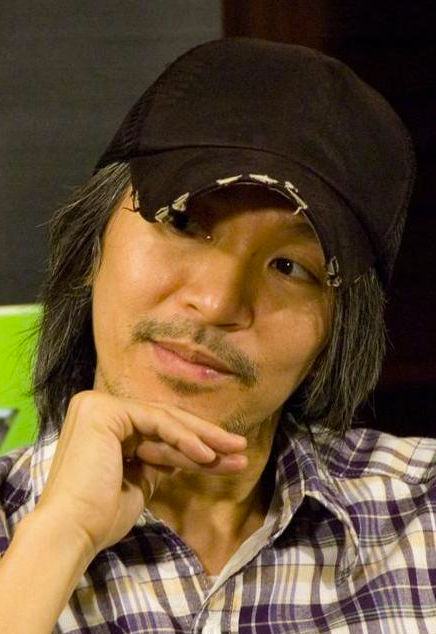
The Tender Ritual of Remembering
His daughters — whose names the family has asked to keep private — have turned to journaling as their way of holding on. Every morning, they document their time together: the stories he recalls, the jokes that still make him laugh, even the way sunlight lands on his face when he forgets what he was about to say.
They take photographs too — not for social media, not for legacy — but as quiet anchors in a sea of uncertainty. “We don’t know how long we’ll have him exactly as he is,” one family friend shared. “So they write. They write to remember him — and for him to one day remember himself.”
There is no spectacle in their love, no press release or public plea. Just the slow, tender act of preserving a father through ink and paper — one heartbeat, one entry at a time.
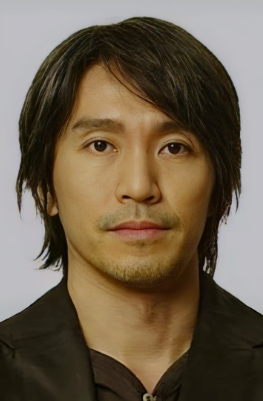
The Fragility of Great Minds
Dr. Elaine Wong, a neuropsychologist at the University of Hong Kong, explains that the process of losing memory often feels like “watching the light fade, not extinguish.”
“Families often respond by creating rituals of remembrance,” she says. “Writing, storytelling, even recording daily life — these become bridges between who someone was and who they are becoming. For loved ones, it’s both heartbreaking and profoundly healing.”
For those who grew up idolizing Stephen Chow, this reality feels surreal. The man who taught the world to find humor in chaos — to laugh in the face of sorrow — now stands on the quieter side of his own story. And yet, perhaps, this too is part of the arc he always understood so well: that comedy and tragedy are inseparable, two sides of the same fragile coin.
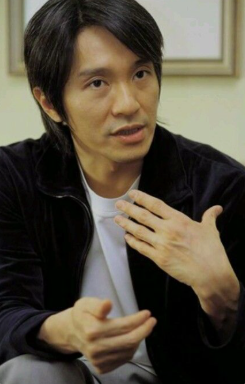
A Nation Reflects
Across Chinese social media, tributes have begun to resurface — clips from his films, interviews where he spoke of art and impermanence, fans sharing what his work meant to them growing up. “He made us laugh when we needed it most,” one user wrote. “Now we just want him to feel that same light, even if he forgets where it came from.”
Film historians have noted the uncanny beauty of Chow’s legacy — that behind his slapstick and satire lay a deep compassion for humanity’s flaws. His characters were dreamers and fools, heroes who stumbled their way toward grace. In that sense, the quiet fragility of his present feels like an extension of his art — the human comedy, unfinished yet profoundly moving.
Love Against Forgetting
In the evenings, his daughters read back what they’ve written — gentle echoes of their mornings together. Sometimes, Chow smiles and adds a detail they missed; sometimes, he only listens.
There’s a photograph on the table — a younger Stephen, mid-laugh on a film set, surrounded by crew members and clouds of laughter. It’s framed not as nostalgia, but as reminder: that joy, once lived, never fully disappears. It lingers — in memory, in love, in ink.
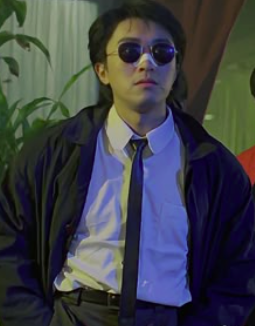
The Last Scene
As dusk settles over the city he once defined on screen, the pages continue to fill. His daughters’ handwriting grows steadier, more deliberate — as if by writing, they can keep time itself from moving forward.
Their journals are not chronicles of loss, but of presence. They’re a testament to the truth that memory is not only what we hold in our minds — it’s what we create together, moment by moment, even as the mind begins to falter.
And in that fragile, luminous space between remembering and forgetting, Stephen Chow’s story continues — not as a legend on a screen, but as a father, a man, and a soul still teaching the world what it means to love deeply, even when the world begins to blur.


